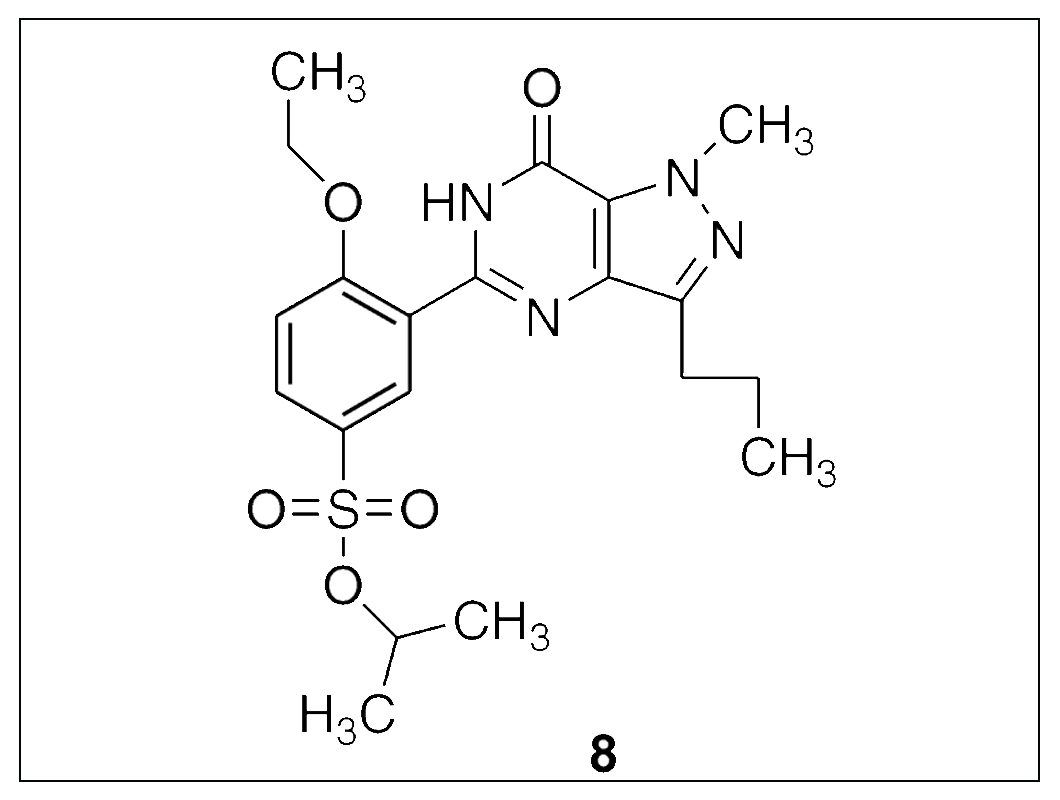API Impurity Synthesis
During the development of a new drug, chemists work to identify and characterize potential impurities. This involves using various analytical techniques, such as high-performance liquid chromatography (HPLC), mass spectrometry (MS), nuclear magnetic resonance (NMR), and infrared spectroscopy, to separate and analyze impurities.
The impurity synthesis process ensures that potential impurities are thoroughly characterized and their impact on drug safety and efficacy is well understood. This is crucial for regulatory compliance and for ensuring that pharmaceutical products are of the highest quality.
The synthesized impurity is tested to understand its potential impact on the safety and efficacy of the drug product. This involves evaluating factors such as toxicity, stability, and pharmacological activity.

